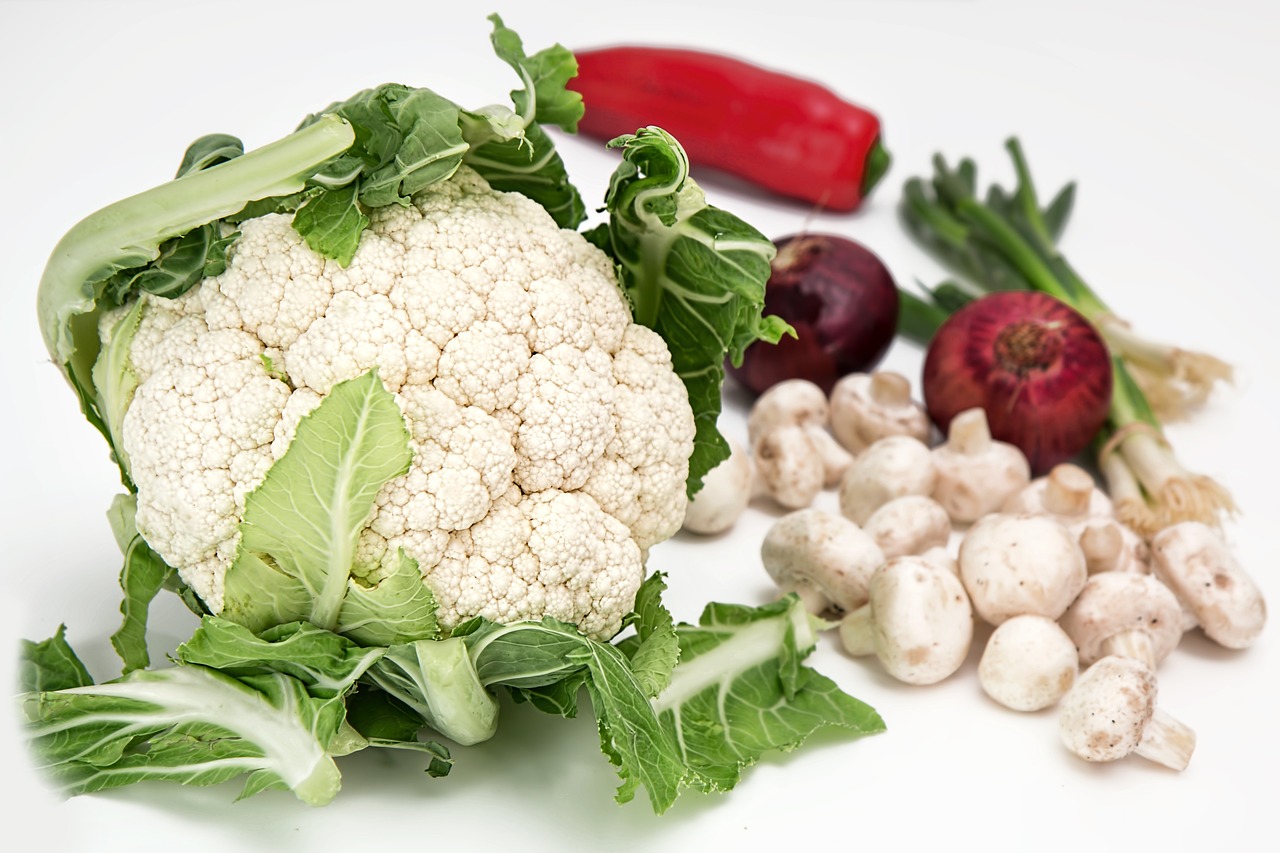How to Develop a Diet for Balanced Hormones
laser247. com cricket, lotus365 vip login, sky247: Hormones play a crucial role in our overall health and well-being. They regulate many functions in our bodies, including metabolism, mood, energy levels, and more. When our hormones are out of balance, it can lead to a host of health issues, such as weight gain, fatigue, mood swings, and even infertility.
One way to support balanced hormones is through a healthy diet. By eating the right foods and avoiding ones that can disrupt hormonal balance, you can help to keep your hormones in check. In this article, we’ll discuss how to develop a diet for balanced hormones.
1. Focus on Whole Foods
Eating a diet rich in whole, unprocessed foods is key to supporting balanced hormones. Avoiding processed foods that are high in sugar, unhealthy fats, and artificial ingredients can help to keep your hormones in check.
2. Eat Plenty of Protein
Protein is essential for hormone production and regulation. Include high-quality sources of protein in your diet, such as lean meats, fish, eggs, and plant-based sources like beans, lentils, and tofu.
3. Include Healthy Fats
Healthy fats, such as those found in avocados, nuts, seeds, and olive oil, are essential for hormone production. Include these foods in your diet to support balanced hormones.
4. Don’t Skimp on Fiber
Fiber is crucial for healthy digestion and can also help to balance hormones. Include plenty of fiber-rich foods in your diet, such as fruits, vegetables, whole grains, and legumes.
5. Limit Sugar and Processed Foods
Too much sugar and processed foods can disrupt hormone balance. Try to limit your intake of these foods and opt for healthier alternatives instead.
6. Manage Stress
Stress can have a significant impact on hormone levels. Finding ways to manage stress, such as through meditation, exercise, or spending time in nature, can help to keep your hormones in check.
7. Stay Hydrated
Drinking plenty of water is essential for overall health, including hormone balance. Aim to drink at least eight glasses of water a day to stay hydrated.
8. Get Plenty of Sleep
Sleep is crucial for hormone regulation. Aim for 7-9 hours of quality sleep each night to support balanced hormones.
9. Consider Supplements
In some cases, supplements may be helpful for supporting hormone balance. Talk to your healthcare provider before adding any supplements to your routine.
10. Listen to Your Body
Everyone’s body is different, so it’s essential to listen to your body’s cues and adjust your diet as needed. Pay attention to how different foods make you feel and make adjustments accordingly.
Developing a diet for balanced hormones is key to supporting overall health and well-being. By focusing on whole foods, protein, healthy fats, fiber, and managing stress, you can help to keep your hormones in check. Remember to consult with your healthcare provider before making any significant changes to your diet or lifestyle.
FAQs
Q: Can certain foods help to balance hormones?
A: Yes, certain foods, such as whole foods, protein, healthy fats, and fiber-rich foods, can help to support balanced hormones.
Q: Are there any specific foods to avoid for hormone balance?
A: Yes, it’s best to avoid processed foods, sugar, and unhealthy fats, as they can disrupt hormone balance.
Q: How important is stress management for hormone balance?
A: Stress management is crucial for hormone balance, as stress can have a significant impact on hormone levels.
Q: Should I consider supplements for hormone balance?
A: Supplements may be helpful for some individuals in supporting hormone balance, but it’s essential to consult with your healthcare provider before adding any supplements to your routine.







